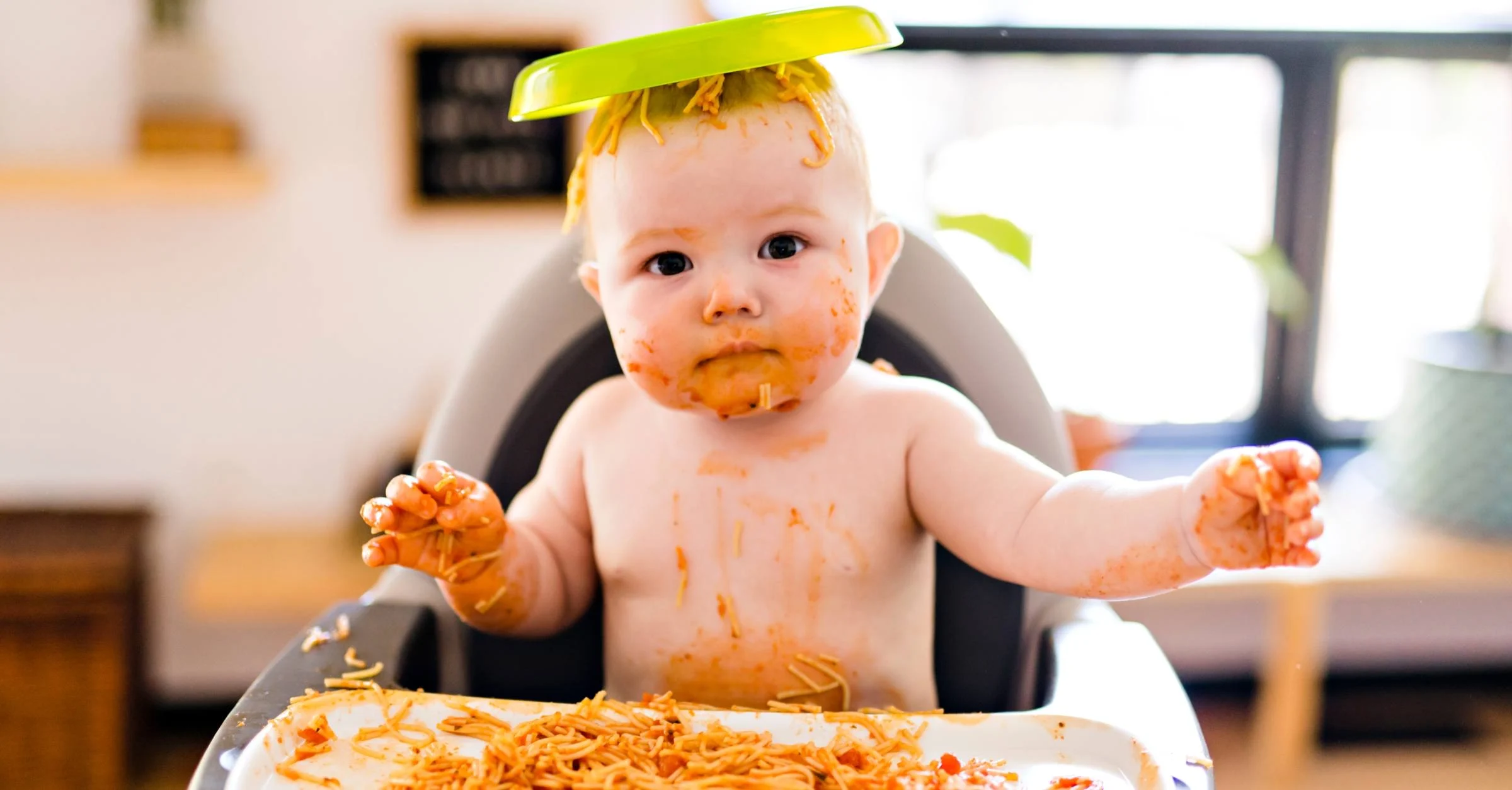Oatmeal, barley, or rice? What baby food, such as infant cereal, will be served to the child during his or her first meal? Do individuals already have a date set?
One might already have a plan in mind at this stage, or they might just be perplexed by all the conflicting advice the friends and relatives have given them.
Solid Foods Necessity:
Solid foods are necessary for newborns. As babies grow, they require solid food to provide the nutrients necessary for their development and growth. Iron, zinc, and other minerals are among these necessary nutrients.
Babies use the iron that was accumulated in their bodies throughout the first six months of pregnancy. Additionally, breastfeeding and/or infant formula provide them with some iron. However, as babies age, their iron reserves decrease. Babies should begin eating solid food at the six-month mark.
Indications that solids should be introduced:
Among the indications that the infant is ready for solid foods are:
- has adequate head and neck control, can sit up straight when supported.
- exhibits signs of curiosity in food, such as looking at what’s on the plate.
- reaching out to take it when parents offer them food on a spoon.
Although this can vary, most babies begin to exhibit these symptoms by around 6 months. Before 4 months, it’s not advisable to begin solid foods.
Food quantity when starting solid food:
When introducing solids for the first time, try serving 1-2 tablespoons of food once day. The infant might only take a small taste at first and probably won’t swallow much.
One can raise the amount as the kid grows in accordance with his or her hunger and physical indicators. The baby should consume three small meals per day, along with breast milk or infant formula, by the time they are 12 months old.

Food types to provide when introducing solids:
The baby enjoys trying new foods of every kind. The secret is to feed the baby the correct texture of iron-rich foods from the start. Foods high in iron include:
- mashed, cooked egg.
- cooked tofu.
- cooked fish.
- cooked tofu.
- iron-fortified baby cereal (avoid raw or runny egg).
Best time of day to begin solid:
When parents first introduce solids to the infant, it’s best to do so when both parents and the baby are content and at ease. This frequently occurs following a breast- or formula-feed.
After consuming breast milk or formula, babies will still have room in their tummies for a taste of new things. The breast milk or formula that they know will satisfy their hunger, however, is all they want if they are truly starving before a meal. One will eventually figure out whether the infant is hungry, full, bored, or weary.
FAQs:
Which solid food should a newborn eat first?
Any order can be used to introduce solid foods. However, as they include essential nutrients, pureed meats, chicken, legumes, and iron-fortified cereals are advised as first foods, especially if the infant has been exclusively breastfed.
What happens if individuals introduce solids to a baby too soon?
Following earlier research that suggested that toddlers who start eating solids too soon may be more likely to acquire chronic conditions like diabetes, obesity, eczema, and celeriac disease, medical groups decided on the 6-month cut-off.
When babies begin solid foods, do they sleep better?
When babies started eating solid meals earlier, they slept longer every night from 5 months to 1 year, an extra 7 minutes on average, with no differences in daytime sleep.
After introducing foods, do babies consume less milk?
The infant will drink less as he or she transitions to solid foods. Reduce the amount of breast milk or formula individuals give and gradually increase the amount of solid food they give.
